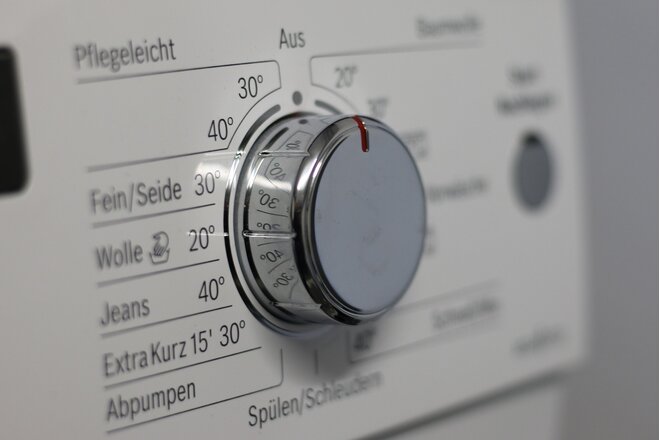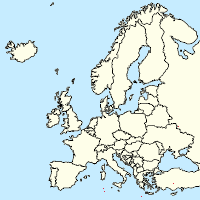Petitioner did not submit the petition.
Synthetic fibers from washing machines make up a large part of the microplastics in the world's oceans. [1]
Adapted washing processes (low temperatures, low spin rates) and waste water filters can drastically reduce the number of synthetic fibers in waste water. There are no EU guidelines to limit the amount of microplastic a washing machine is allowed to emit.
The aim of this petition is to ensure that manufacturers of washing machines are involved in the solution of this problem.
We, the undersigned, call on the European Commission to add the point "Emission of microplastics" to the energy label of washing machines and to specify limit values for new devices.
Please support this petition with your signature.
Reason
In order to reduce pollutant emissions in road traffic, the EU regularly sets stricter limit values - and vehicle manufacturers have to adhere to them.
This is different with household appliances. The EU does indeed have the energy label. This certifies that household appliances work particularly efficiently and thus consume little electricity and water. This is a good decision-making aid for customers - as these devices save money in the long term - and at first glance they are even good for the environment.
However, washing machines emit hundreds of thousands of synthetic fibers with each wash cycle. Multiplied by billions of wash cycles worldwide, this results in a gigantic amount of microplastic that reaches rivers, lakes and oceans almost unfiltered via sewage. Day after day, year after year.
Synthetic fibers from washing machines make up a large part of the microplastics in the world's oceans nowadays!
And once it arrives in the food chain, sooner or later it ends up on our plate.
[1] Source: IUCN Plastics Report (Seite 34)
Weblinks:
- Video: The Story of Microfibers
- Washing Guide: Ten for the Ocean
- Washing Bag against microplastic pollution: Guppyfriend
- Movie tip: Blue - The Film
Link to the petition
This petition has been translated into the following languages
-
Petition wurde nicht eingereicht
on 09 Feb 2023Liebe Unterstützende,
der Petent oder die Petentin hat innerhalb der letzten 12 Monate nach Ende der Unterschriftensammlung keine Neuigkeiten erstellt und den Status nicht geändert. openPetition geht davon aus, dass die Petition nicht eingereicht oder übergeben wurde.
Wir bedanken uns herzlich für Ihr Engagement und die Unterstützung,
Ihr openPetition-Team -
Änderungen an der Petition
on 05 Jun 2021 -
Dear supporters,
Thank you for signing the petition! There is already far too much microplastic in the environment, so we need to act urgently! The more supporters the petition has, the higher priority it will be given. That's why we need to find many more supporters quickly. Please talk to friends and relatives, family and colleagues! Share it on social networks!
Each of us can contribute to an exponential growth of the petition. If everyone finds just two more supporters within two days, we will already have 100000 signatures in about two weeks!
Kind regards
Martin
Debate
No CONTRA argument yet.

